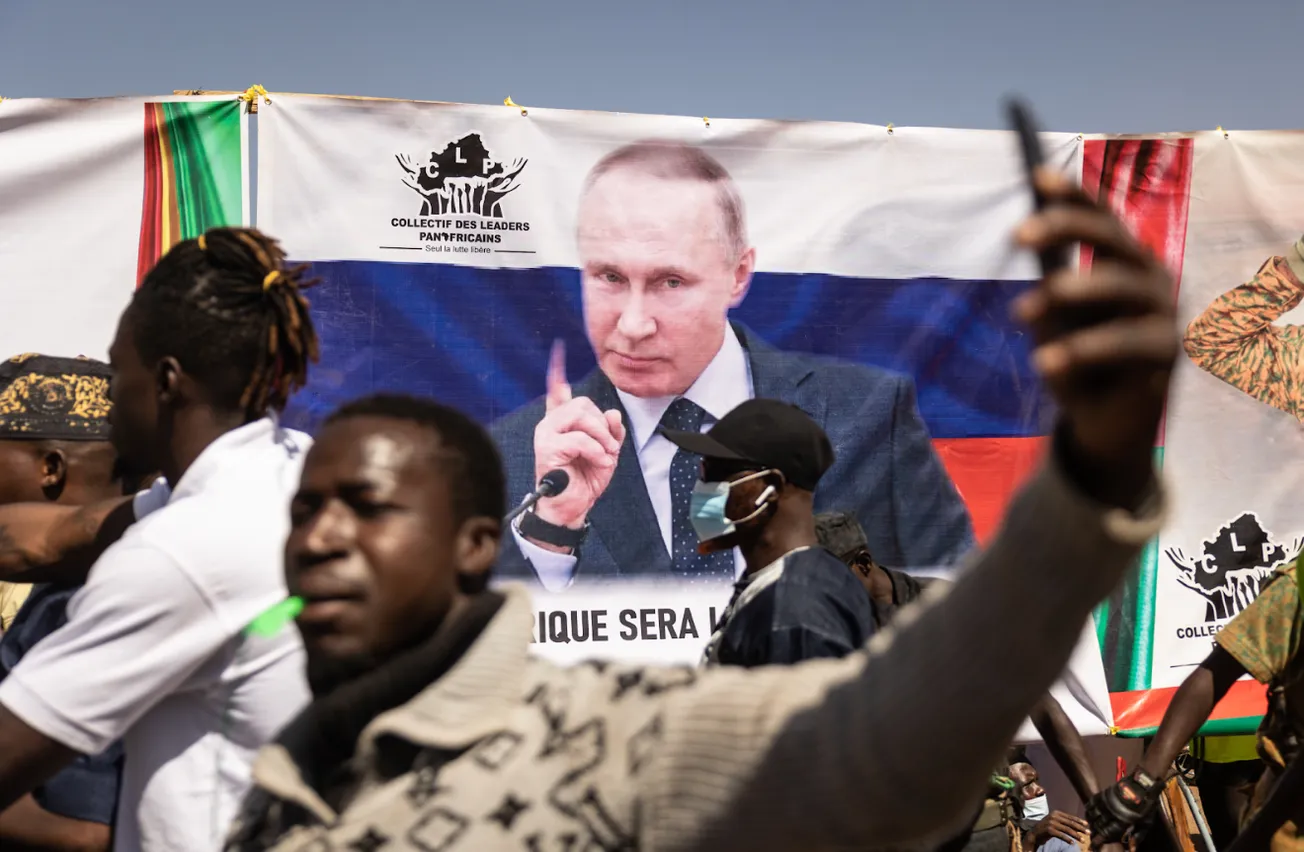Table of Contents
What do an Olympic bobsledder and Toby Gerhart have in common? At first glance, just sports. But to say “just sports” is like saying “just a gold medal” or “just a Heisman trophy runner-up.” From a hometown Little League tournament to an international athletic competition, sporting events act as a great unifier. As the stakes get higher, the power that sports have to bring people together increases.
Whether an Olympic athlete or a college football star, both are a part of something bigger than themselves; for this reason, Stanford is right to cherish its tradition of athleticism and continue to generously support student athletes.
The Sun Bowl and the Heisman Trophy ceremony united our community unlike any other events in recent memory. Though we’ve always been dedicated fans, we would not have believed anything short of a miracle would lead the Cardinal to a bowl game during our time as undergrads, let alone inspire thousands of students, alumni, and fans to travel across the country for a football game.
But in 2009, Stanford got that miracle. Jim Harbaugh’s team earned the title “The Boys of November,” winning three of their four games against nationally ranked teams during college football’s most important month. Then the impossible happened. The team that still has players from the infamous 1-11 season in 2006 made it to a bowl game. And much of Stanford went along for the ride to El Paso because they understood the significance of the feat.
Bowl game appearances may be the norm in the South, but this generation of Stanford fans understood the magnitude of what our “Boys of November” accomplished. Hosting Heisman Ceremony-watching parties and making that trip out to El Paso was the least we could do to give back to the team who once again made a diverse student body band together and believe in Stanford football.
With football season’s official end last month, we are now captivated by the XXI Winter Olympic Games, where the athletes from over 80 nations are competing on the world stage in Vancouver, British Columbia. The Olympics are not about skiing or figure skating or hockey; they are about countries coming together and for two weeks, sharing a common goal. During this time, participating nations, even those in the midst of war, disarm and observe a customary truce in honor of the significance of the competition. The games are meant to join people in an atmosphere where the only conflict between states is on the ice or the slopes.
Despite their best efforts, leaders from around the globe have been unable to achieve seemingly unreachable goal of world peace. The Olympics, however, accomplishes this enormous feat every other year. Although the peace lasts just 16 days, those are 16 more days of peace than the world has seen since the Beijing Games, and will likely be the most we see until London in 2012.
It would follow, then, that the United States government – an institution that touts global cooperation – would capitalize on the power that the Olympics has in unifying the world by supporting its athletes. However, the United States is one of only a handful of countries whose government does not directly fund its Olympic Committee.
The USOC relies predominantly on corporate sponsorships and television rights fees. The organization must compete with professional sports for these sponsorships, which, in times of financial crisis, can be tremendously challenging. Limited corporate backing and a lack of governmental support translates to a finite number of athletes who can receive funding to train for their events. Some US Olympic hopefuls work two, even three, jobs at a substantial cost to their training in order to pay for their living expenses, coaching, and equipment costs.
Stanford, however, understands the necessity of athletic funding to preserve the unifying nature of sporting events.
There may be moments when we question the use of University funds for full athletic scholarships, especially in the face of massive budget cuts across the board. But the people who stormed the field after the upset win over Oregon understand. And those who witnessed an Army paratrooper parachute down to the field at Sun Bowl Stadium waving a Stanford flag certainly understand. It’s not just sports. It’s people from different backgrounds and interests banding together to share a common goal.
So we cheer for Toby, and for Harbaugh, and for his November Boys. We cheer for all 216 athletes representing the United States at the Olympic Games. Thank you for giving us a reason to set aside our differences and believe in something bigger than ourselves.
Kelley Winn is a senior History major. Her obsession with the Olympics is beginning to be a problem. Valerie Brown, a senior majoring in International Relations, puts up with it.




